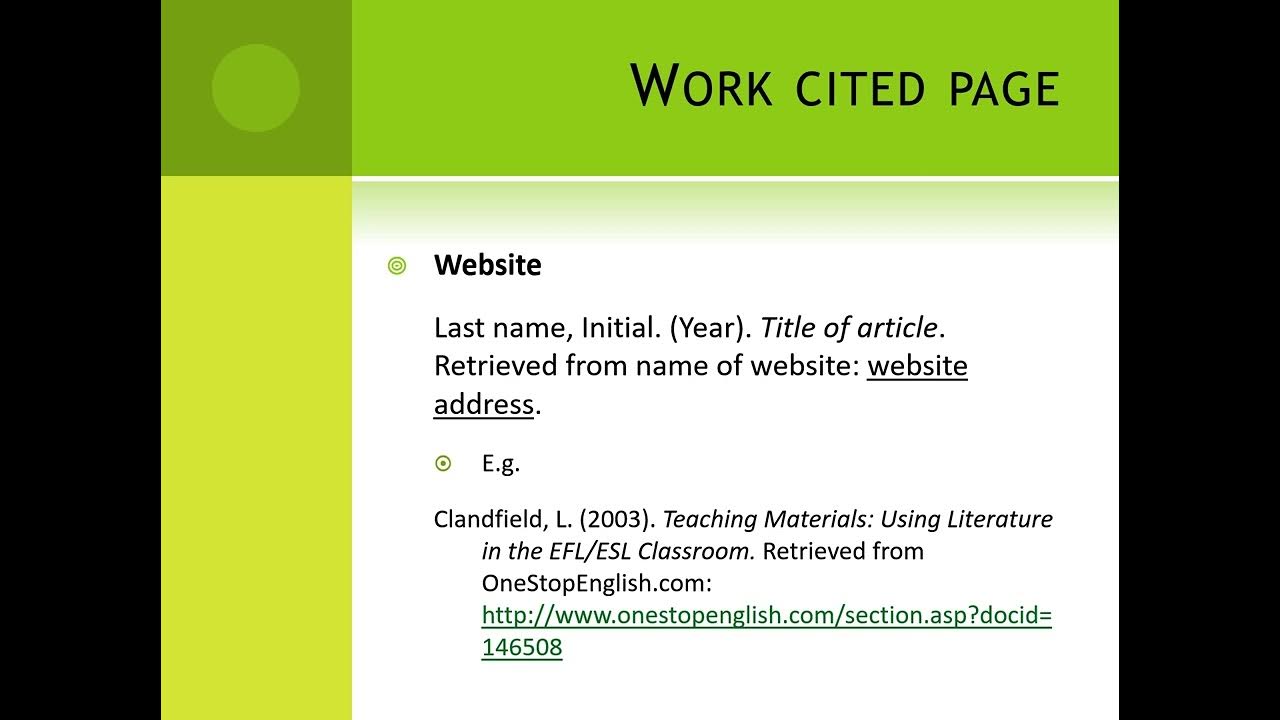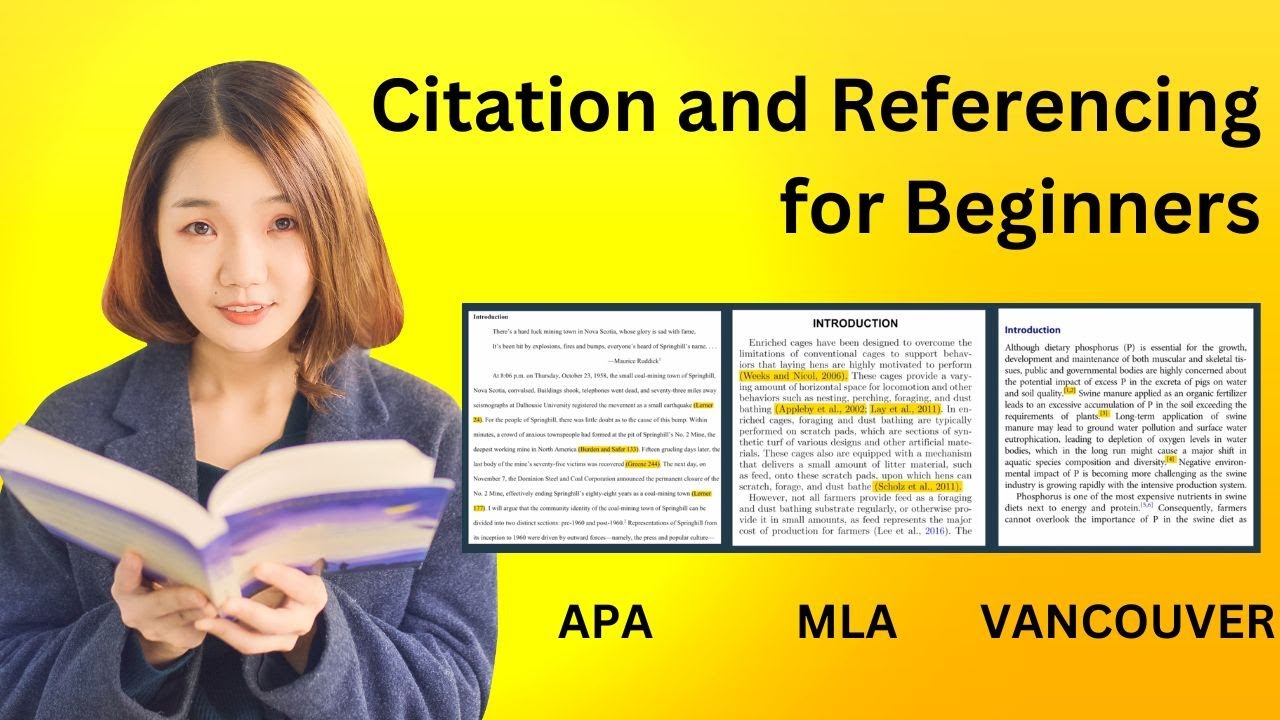Bahsa Indonesia 2021 - 04 Plagiarisme (Bagian 1)
Summary
TLDRIn this discussion, the speaker delves into the topic of plagiarism, emphasizing its significance in both academic and creative contexts. They define plagiarism as the act of stealing ideas or words from others without proper acknowledgment, whether intentional or accidental. The speaker explains the negative impact of plagiarism on intellectual progress and creativity, highlighting the moral and ethical implications. Plagiarism is seen as an infringement of intellectual property rights and can lead to discouraging innovation. The speaker also stresses the importance of recognizing and avoiding unintentional plagiarism to maintain academic integrity.
Takeaways
- 😀 Plagiarism refers to taking someone else's work or ideas and presenting them as one's own, either intentionally or unintentionally.
- 😀 Plagiarism can happen due to ignorance, where the writer doesn't realize they are committing plagiarism, despite not intending to do so.
- 😀 Academic integrity is compromised by plagiarism, as it deprives the original creator of their rightful recognition and rewards.
- 😀 Plagiarism is not limited to written works; it can also occur in other creative fields such as music, videos, and art.
- 😀 Engaging in plagiarism is considered a serious ethical violation, with significant consequences in academic and creative environments.
- 😀 The act of plagiarism is dishonest because it involves taking credit for someone else's intellectual property without acknowledgment.
- 😀 Writing should primarily reflect the writer's own ideas and thoughts, with outside sources serving only to support the writer's original perspective.
- 😀 Proper citation and acknowledgment are essential when incorporating the ideas or words of others into one's own work to avoid plagiarism.
- 😀 Plagiarism can demotivate creators and researchers, as it may lead to feelings of frustration and discouragement when their work is stolen without credit.
- 😀 Plagiarism can inhibit intellectual progress and innovation, reducing the overall quality of academic and creative contributions.
Q & A
What is plagiarism according to the Indonesian Dictionary?
-Plagiarism is defined as the act of taking someone else's work or ideas without proper acknowledgment and presenting them as one's own, intentionally or unintentionally, in order to gain undeserved recognition.
Is plagiarism always intentional, according to the script?
-No, plagiarism can also be unintentional, often due to a lack of knowledge or awareness that a particular writing practice constitutes plagiarism.
Why is plagiarism considered unethical in academic and creative environments?
-Plagiarism is considered unethical because it steals the intellectual property of others, depriving them of the recognition and rewards they deserve for their original work.
What are some consequences of plagiarism as highlighted in the script?
-Plagiarism can lead to serious consequences, including damage to academic integrity, loss of credibility, and discouragement for original thinkers. It can also harm the person who plagiarizes, such as facing academic penalties.
What is the difference between intentional and unintentional plagiarism?
-Intentional plagiarism involves knowingly stealing another person's work or ideas, while unintentional plagiarism happens when someone uses someone else's work out of ignorance or misunderstanding of plagiarism rules.
Why do people sometimes commit unintentional plagiarism?
-Unintentional plagiarism typically occurs because people are unaware that their actions, such as failing to properly cite sources, qualify as plagiarism.
What does the speaker suggest to avoid unintentional plagiarism?
-The speaker emphasizes the importance of understanding proper citation practices and being aware of the rules regarding plagiarism to prevent accidental violations.
How does plagiarism affect creative professionals, such as authors?
-Plagiarism can demoralize creative professionals, leading them to lose motivation or even stop creating. For instance, the author Andrea Hirata stopped publishing in Indonesia due to his work being plagiarized.
What does Pakorisraf say about the role of originality in academic work?
-Pakorisraf asserts that academic writing should focus on expressing personal ideas and original thoughts, with quotes from others serving only as support for the writer's own arguments.
What impact does plagiarism have on intellectual progress, according to Hidayah (2003)?
-Hidayah explains that plagiarism stifles intellectual progress by discouraging original thought and innovation, thus hindering the development of new knowledge and ideas for societal benefit.
Outlines

This section is available to paid users only. Please upgrade to access this part.
Upgrade NowMindmap

This section is available to paid users only. Please upgrade to access this part.
Upgrade NowKeywords

This section is available to paid users only. Please upgrade to access this part.
Upgrade NowHighlights

This section is available to paid users only. Please upgrade to access this part.
Upgrade NowTranscripts

This section is available to paid users only. Please upgrade to access this part.
Upgrade Now5.0 / 5 (0 votes)





